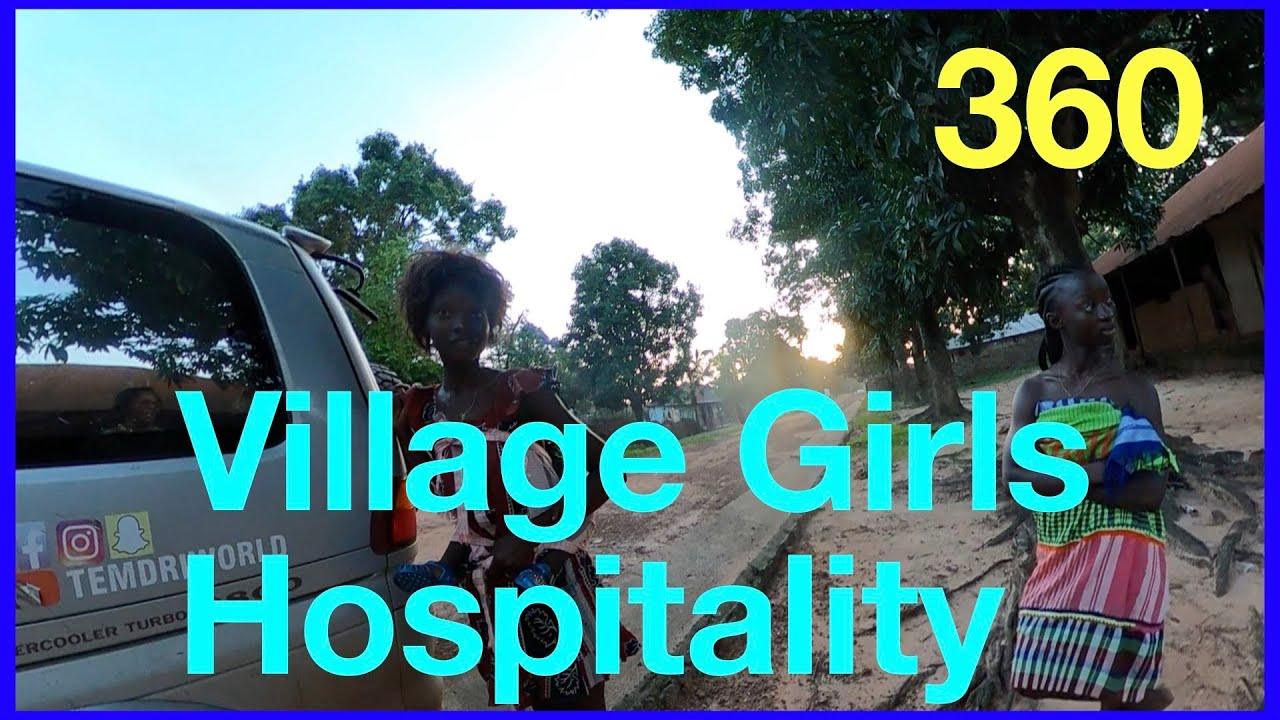Current Events in Guinea-Bissau: An Overview

Introduction
Guinea-Bissau, a small West African nation, is currently navigating a complex landscape of political instability, economic challenges, and social change. The importance of following events in Guinea-Bissau is heightened by its strategic location and ongoing efforts for democratic governance, making it a focal point for international observers and policymakers.
Political Developments
Recently, Guinea-Bissau has seen a surge in political unrest. Following the presidential elections in 2019, tensions have remained high, with accusations of corruption and demands for electoral reforms. In September 2023, protests erupted in the capital, Bissau, as citizens expressed their frustrations over government inefficiencies and the slow pace of reforms. The situation prompted a response from security forces, raising concerns about human rights and freedom of expression in the country.
Economic Challenges
The economic landscape in Guinea-Bissau presents a myriad of challenges. The country relies heavily on cashew nut production, which accounts for nearly 90% of its export revenue. However, fluctuating global prices and poor infrastructure have hindered economic growth. Recent reports indicate that the government is seeking to diversify the economy by promoting sectors such as tourism and agriculture. Investment from foreign nations, particularly in renewable energy, has also been explored as a means of fostering economic resilience.
Social Issues
Socially, Guinea-Bissau faces significant challenges, including high rates of poverty and limited access to education and healthcare. The COVID-19 pandemic further exacerbated these issues, highlighting the need for improved healthcare infrastructure and social services. International organisations and NGOs are working alongside the government to address these gaps, focusing on sustainable development initiatives that prioritise community involvement.
Conclusion
The current events unfolding in Guinea-Bissau underscore the delicate balance the nation is trying to achieve between political reform and economic stability. As citizens continue to advocate for change, the international community watches closely, offering support and resources. The path forward will require collaborative efforts, both domestically and internationally, to ensure that Guinea-Bissau can build a more democratic and prosperous future for its people.
